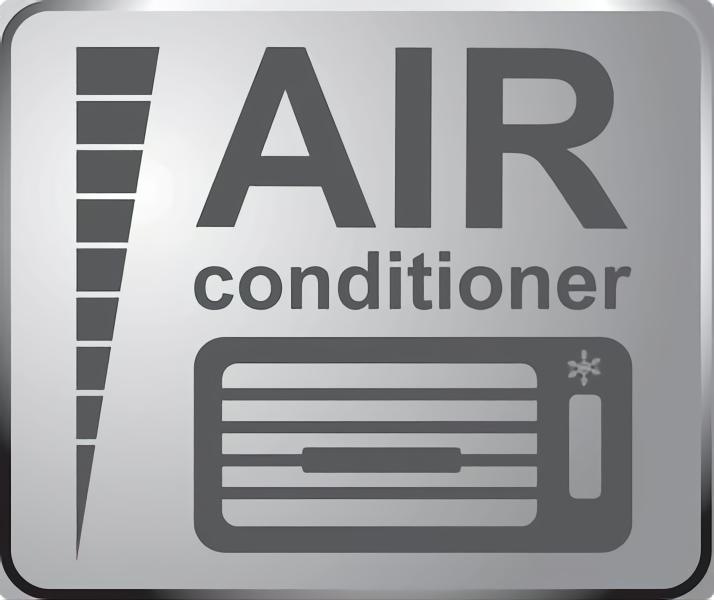For your business to keep competitive in the market, you need to ensure that you are running your operations efficiently and smoothly. You want production to increase while reducing costs, widening your profit margin. A great way to assist you in achieving your goals is by conducting a compressed air audit.
In fact, studies show that compressed air system components make up 10% of all electricity in the U.S. manufacturing industries, plus approximately 16% of motor system energy.
If you want to know exactly what is involved in a compressed air audit, so you can better understand what to check, and why, we are about to give you the details. Ready? Let’s get to it.
Audit Types
To achieve the best results, an audit should include all parts of the system operation. This means including:
- Compressor and pump room
- Distribution piping and storage
- Demand or production users
The audit’s value and its quality will directly relate to the effort that is made and the costs associated with the audit.
Leak Audits
The air and vacuum systems can undergo a leak audit with ultrasonic detectors. It is fairly simple to find and tag a leak. What is not so easy is to quantify how much the rate of flow is costing your company.
While the auditors will conduct a leak audit, it is up to the company to find someone to repair it. Repairing it will cost more than finding the leak or leaks.
Supply Surveys
A supply survey will typically include logging of the system’s pressures. It also logs the power at the pumps and compressors. The auditors will create a summary in a brief report.
Usually, you find they will not address equipment issues or potential opportunities. This type of audit is usually offered for free, or refunded, based on the equipment you would need to purchase from a manufacturer or distributor.
However, you can look at the benefits of a variable speed drive (VSD) air compressor and ask your auditor their thoughts on how it can benefit your company’s operations.
Complete Compressed Air Audit
You want a complete compressed air audit to offer the best benefits for your organization. Benefits like:
- Significant energy savings
- Higher product quality
- Improved productivity
- Reduced scrap rates
- Reduced maintenance costs
- Increased equipment and system reliability
The way your organization uses the air compressor needs to be analyzed before engineering solutions. This is a part of a complete audit. We highly recommended that before you make any significant changes, you first fully understand the impact that your changes will have.
Compressed Air Audit
If you are running a business, you want to run your operations at top efficiency. This means looking at things from all angles, including a compressed air audit.
As a part of that, leak audits and supply surveys can help identify issues that can boost efficiency. Remember, to get the most benefits, you want a complete compressed air audit.
We hope you found this information helpful so that you can produce products and solutions more efficiently for your customers and your bottom line. For more great business tips, stop by again soon for fresh ideas and articles.
You May Also Read This Post: 4 Effects of a Dirty Air Filter in Your House

